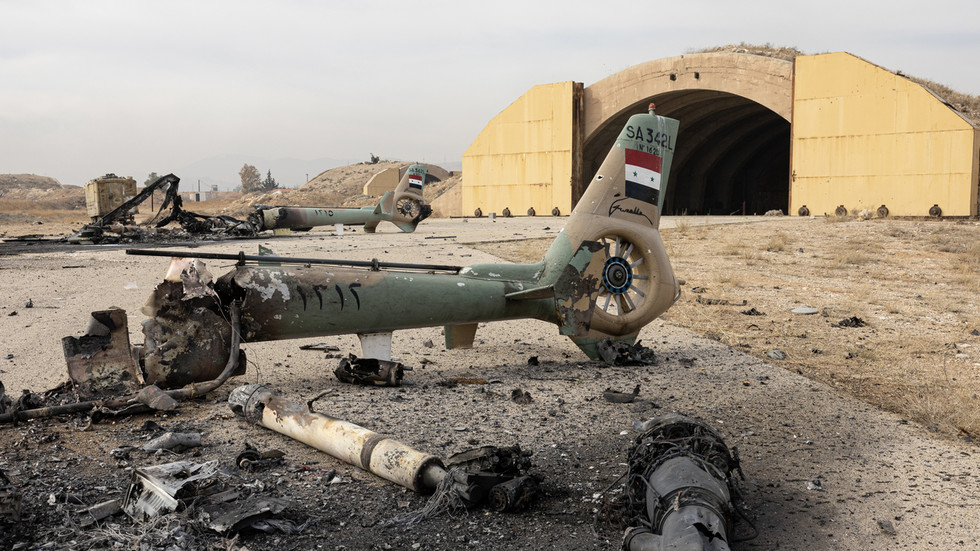The recent developments in Syria following the takeover by Hayat Tahrir al-Sham (HTS) have marked a significant turning point in the region’s conflict. After HTS, a jihadist group, successfully launched an offensive against the Syrian military, former President Bashar Assad fled the country, seeking asylum in Russia. In light of this upheaval, HTS leader Abu Mohammed al-Julani has publicly emphasized the need for international intervention to address Israel’s ongoing military operations in Syria. In his recent statements, al-Julani called on the global community to recognize the new authority in Syria and to act against what he describes as Israeli aggression that undermines the sovereignty of the newly established governance in the country.
Al-Julani critiqued Israel’s justifications for its military actions, characterizing them as increasingly weak and untenable. He voiced concern that Israel has “crossed the lines of engagement” within Syria, raising the potential for escalation that could further destabilize the region. His comments were made during an interview with Syria TV, which marked his first public discussion about Israel since HTS’s ascendancy. Al-Julani’s rhetoric indicates a shift in the narrative surrounding foreign involvement in Syria and suggests that HTS is positioning itself as a legitimate authority that deserves recognition and support from the international community.
Israel has been actively conducting military operations in Syria, particularly targeting weapon depots and naval vessels associated with the country’s former regime, prior to the recent shift in power. The Israeli government has justified its strikes as necessary for maintaining security, alleging threats posed by various groups operating in the region. In addition to its airstrikes, Israeli forces have maintained a presence in the UN-patrolled buffer zone between Israel and Syria, which they describe as a temporary measure to create a “sterile defense zone” against perceived terrorist threats emanating from southern Syria.
While HTS has expressed that it desires respect for the sovereignty of the new Syrian government, al-Julani refrained from directly condemning Israeli airstrikes during a conversation with Channel 4. Instead, he indicated a desire for all parties involved to recognize the situation on the ground, underscoring HTS’s aim to assume legitimacy in the eyes of both local and international actors. This careful positioning allows HTS to advocate for their cause without alienating potential allies or appearing overly confrontational in a region already rife with complex alliances.
In his appeal to the international community, al-Julani stressed the importance of pursuing diplomatic solutions and eschewing reckless military actions that could exacerbate tensions in an already volatile environment. He argued that a balanced approach fostering dialogue would be essential in maintaining stability instead of exacerbating the conflict further. His suggestions reflect a broader recognition that the future of Syria may depend on external powers re-evaluating their roles and engaging more constructively with the emerging governance.
The situation in Syria remains precarious with the potential for conflict to escalate. As HTS continues to consolidate power in the wake of Assad’s departure, the stakes are high for all involved parties, including Israel. Al-Julani’s calls for international support highlight an urgent need for a re-assessment of foreign involvement in Syria, particularly how it interacts with the new political landscape shaped by HTS. The dynamics of power in Syria and the responses from international players are likely to define the future trajectory of the region, and HTS’s plea for recognition and assistance may serve as a catalyst for realignment in both local governance and international foreign policy.

